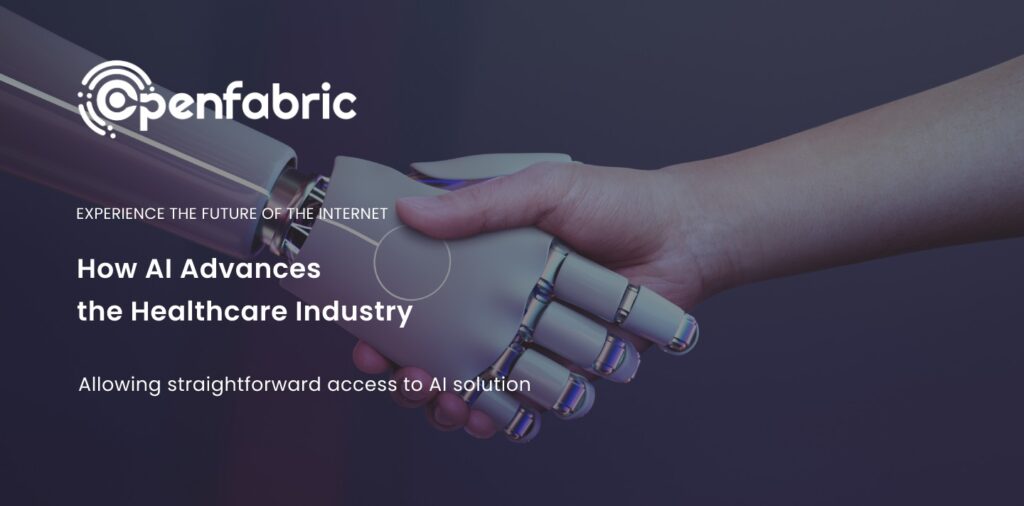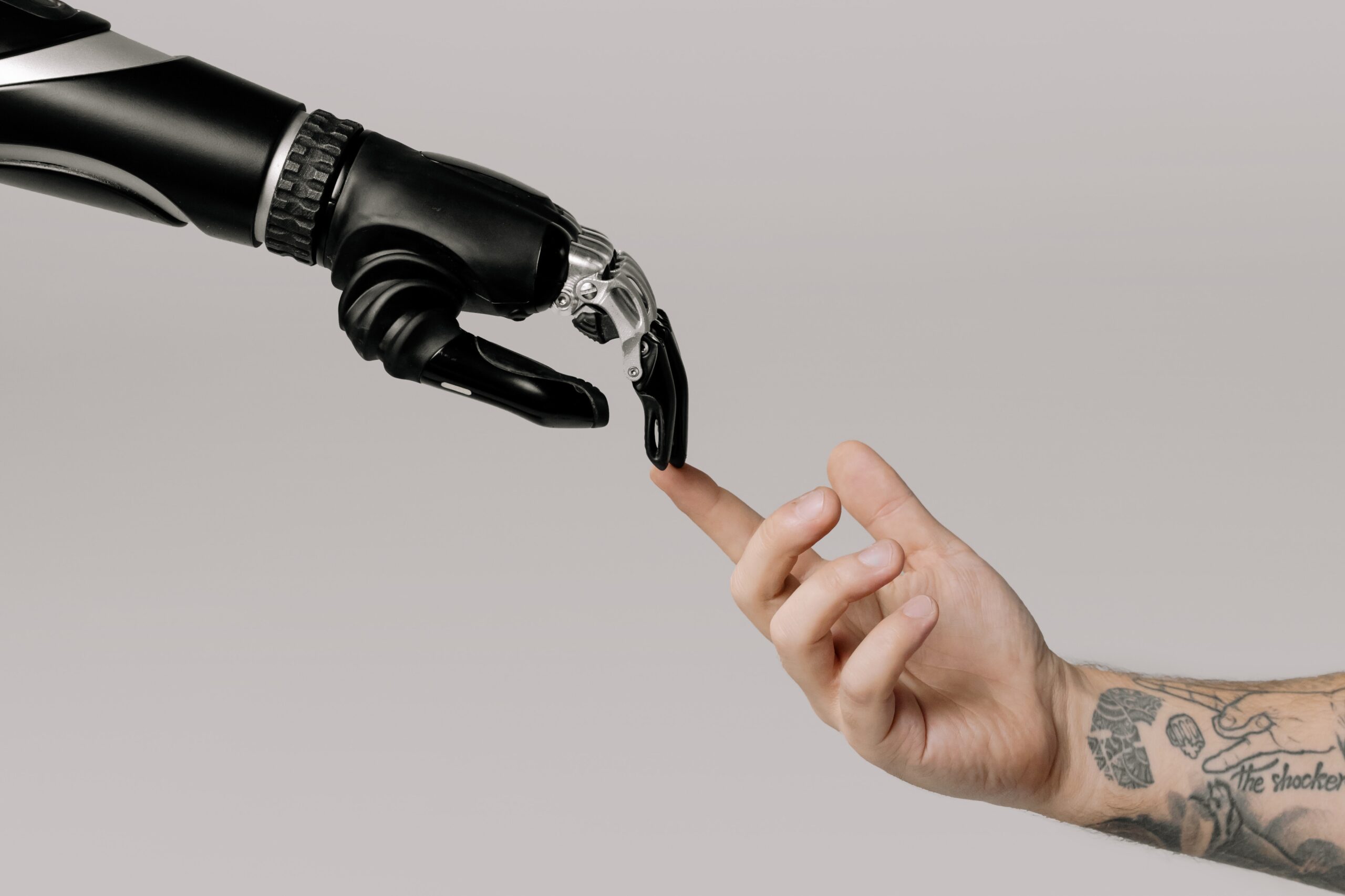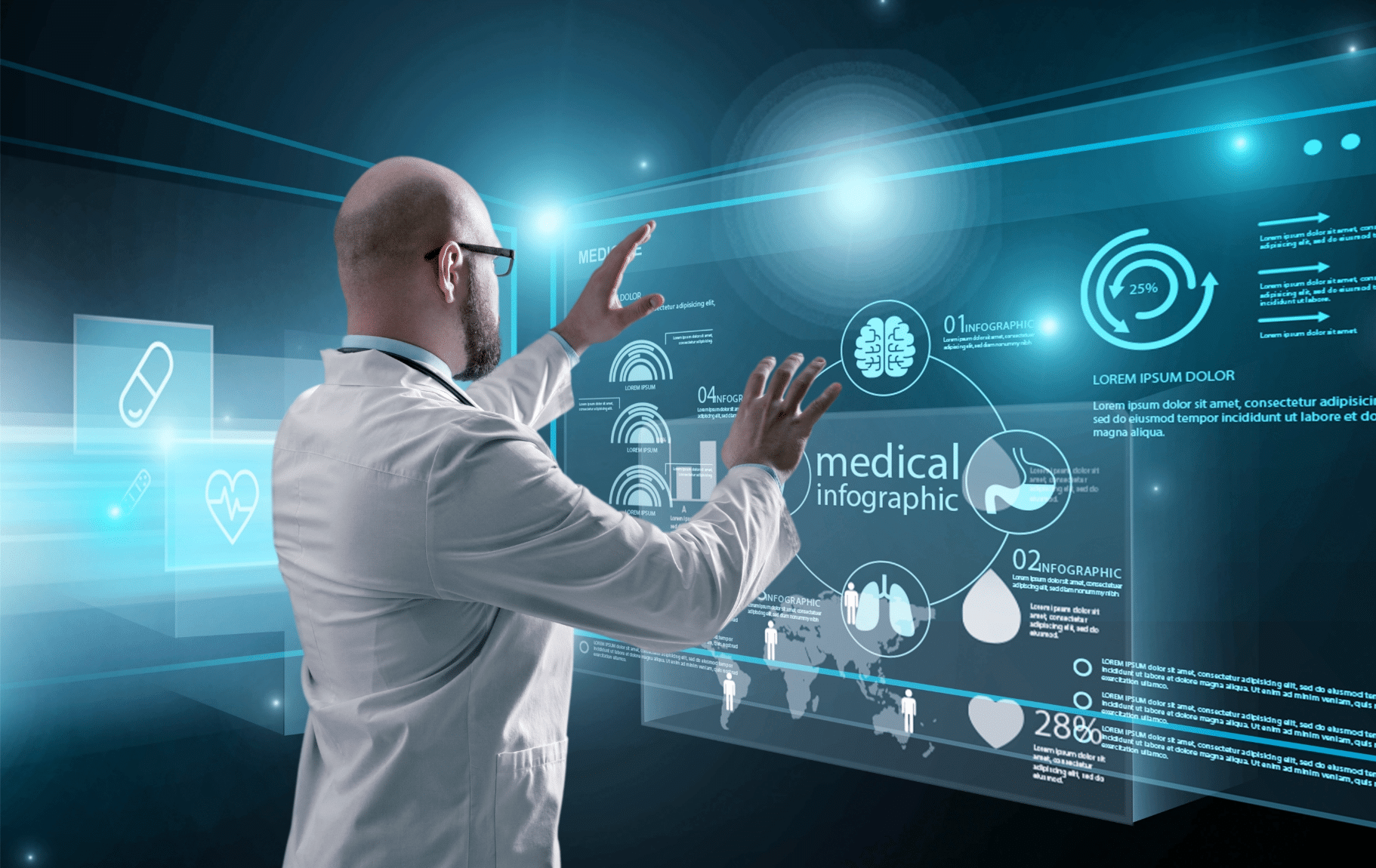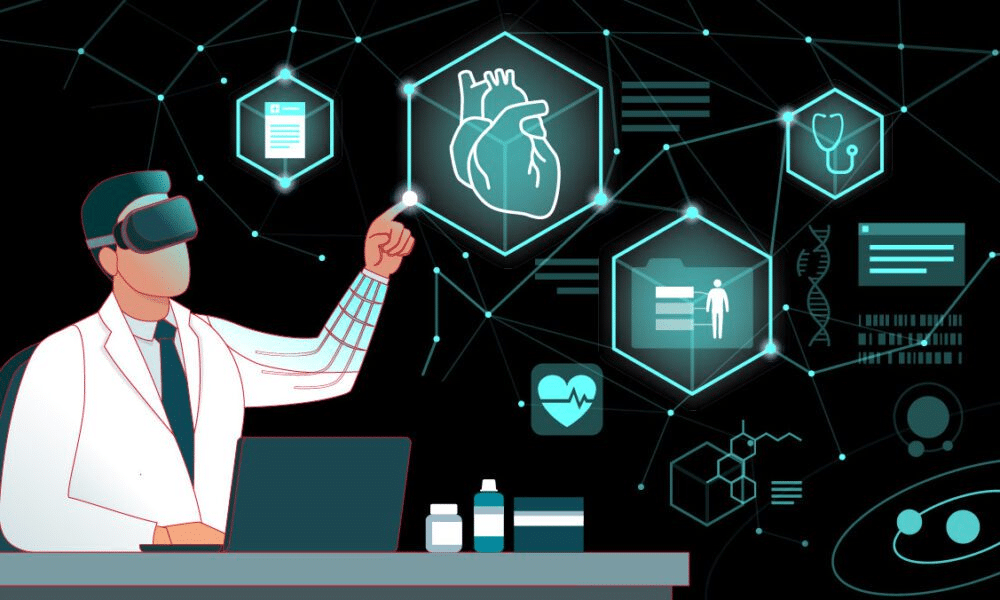
May 22, 2023 6 minutes read
How AI Advances the Healthcare Industry

Artificial Intelligence (AI) Advance Healthcare Industry
AI has significantly impacted the healthcare sector and is only continuing to grow in popularity. Its potential for transforming the industry is almost limitless. One of the most exciting subfields of AI is deep learning, which enables machines to learn from data and identify patterns in a way that closely resembles the human learning process.
With this capability, machines can analyze vast amounts of information and provide automated insights that significantly improve patient care and clinical decision-making. In the past, healthcare professionals had to rely on manual data entry, analysis, and decision-making, which were time-consuming, error-prone, and costly. However, with the advent of AI and machine learning, these tasks can now be automated, providing a much-needed boost to efficiency, accuracy, and cost-effectiveness. This simplifies the work of healthcare providers and administrators and benefits patients by providing them with faster and more accurate diagnoses, personalized treatments, and improved health outcomes.
Discovery and Development
The drug development process has long been a challenge for the healthcare industry, often taking years and costing millions of dollars to bring a new drug to market. However, the emergence of AI has offered a potential solution by enabling rapid drug discovery and aiding in pharmaceutical development, leading to higher success rates. By leveraging AI technology, healthcare organizations can process vast amounts of data with enhanced automation, significantly speeding up drug development. AI algorithms can help with drug design, chemical synthesis, drug repurposing, and drug screening, providing valuable insights to companies to develop new drugs more efficiently.

In addition to expediting the drug discovery process, AI has enabled pharmaceutical companies to predict which treatment approaches would be most effective for patients based on their unique characteristics and the treatment framework. Through data analysis from previous studies, AI algorithms can identify potential drug candidates and predict drug-protein interactions and their 3D structures, aiding in developing new drugs. These capabilities have allowed companies to repurpose and reposition existing drugs, which is highly beneficial as it significantly reduces development time and cost.
Several pharmaceutical companies, including Pfizer, Roche, and Bayer, have already partnered with IT companies to develop platforms for drug discovery in areas such as cardiovascular and immuno-oncology. By leveraging the power of AI, these companies can identify new drug candidates, enhance drug efficacy, and bring new treatments to market more efficiently, ultimately improving patient outcomes and revolutionizing the pharmaceutical industry.
Medical Diagnosis and Treatment
For the past 50 years, disease diagnosis and treatment have been at the center of AI in healthcare. Early rule-based systems could effectively diagnose and treat disease, but clinical practice must embrace them fully. To this day, AI is used for clinical decision support. Many electronic health record systems, or EHRs, have rules within their software offerings. Machine learning is slowly replacing these traditional rule-based systems, allowing data interpretation using exclusive medical algorithms.
Natural language processing (NLP) is a subset of artificial intelligence that allows computers to understand and interpret human speech. Instead of wasting valuable time manually interpreting EHRs, NLP uses speech-to-text dictation and formulated data entry to obtain essential data from EHR. This allows doctors to ensure up-to-date and accurate clinical documentation while providing patients with care. With the help of NLP, healthcare companies can review large amounts of unstructured clinical data automatically to help determine clinical trial matching and eligibility. NLP is also used to inform treatment plans.

AI tools can support human providers by enabling quicker services, diagnosing patients, and analyzing data to identify genetic history or medical trends that may predispose someone to a particular disease. In healthcare, saving time can directly result in saving lives. For example, any patient that heads to the emergency room with a head injury is given a CT scan. However, the scan may only be assessed briefly because the radiologist has many patients to attend to. If a brain bleeds, those hours can mean life or death. With the help of AI, the algorithm can listen for the CT scan to process and detect brain bleeding immediately. A quicker diagnosis and general urgency can save the patient’s life. Integrating AI and machine learning can be transformative for healthcare companies and every individual patient.
Data Collection and Administrative Tasks
Doctors spend more than two-thirds of their time on paperwork. For every hour spent with patients, an additional two hours will be spent on documentation. An extensive AI can help overcome the time-consuming burden of data collection and help doctors and staff frees up their time to prioritize other tasks. Automating administrative tasks will result in huge time and cost savings. AI in healthcare administration can provide substantial efficiencies. Applications can include prior authorization, clinical documentation, revenue management, medical record management, optimization of scheduling, and billing and claim processing.

A recent survey of healthcare executives found that the automation of prior authorizations is the AI application with the most potential. This is a top priority according to healthcare administrations, of whom 88% report this as an administrative burden increasing over the years. AI can identify a patient’s health plan and medical benefits and which services need authorization according to their plan benefits. AI can also help collect documentation such as patient history, information, and medical approvals.
Billing and claims processing are also very costly and time-consuming for administrators. According to the Center for American Progress, billing and insurance-related costs average 13% of physician-care spending and 8.5% of hospital-care expenditures. These costs burden the healthcare system. Using AI to submit and adjust claims simultaneously streamlines the process and makes it more reliable, all while reducing turnaround time. Additionally, NLP can process doctors’ notes and comments into codes. By automating these manual activities, AI has the potential to increase the productivity of healthcare providers dramatically.
The Future of Healthcare and AI
To wrap this article up, AI provides a variety of benefits to the healthcare industry. Whether drug discovery, medical diagnosis, treatment, or data collection, AI has unlimited potential in healthcare. Technology companies are working with the healthcare industry to solve the most demanding data challenges and improve lives. AI platforms often find it difficult to give satisfactory answers due to the lack of quality data. This is problematic as it stops them from providing the correct information needed to solve particular questions.
The healthcare industry is particularly at risk of low quality data. One minor mistake could have serious implications for the health and safety of patients, making accuracy vital. Medical professionals such as doctors, nurses, physiotherapists and pharmacists have in-depth know-how when it comes to analyzing & commenting on different medical literature & documents. They are highly qualified to interpret and annotate data from those sources. That is why Openfabric is harnessing some of these challenges by bringing data providers in one marketplace. Allowing innovators, healthcare providers to access a pool of data to test their products or services. Our team is committed to creating solutions to real world problems.

